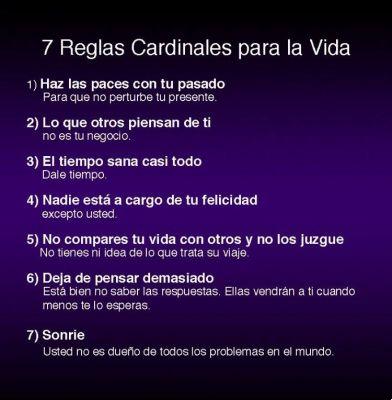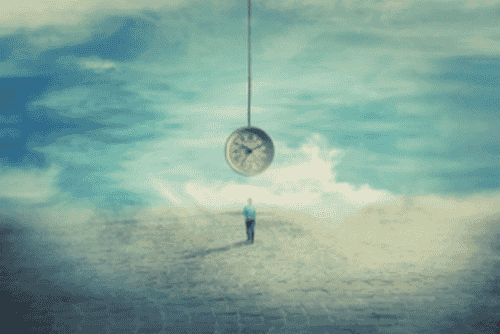Not everyone who goes through a difficult time comes out stronger, wiser, or more capable. Many are trapped in the storm, because resilience does not appear automatically, you have to know how to develop it.

Written and verified by the psychologist GetPersonalGrowth.
Last update: February 18, 2022
Difficulties don't always make us more resilient people. Nowadays, in fact, the term "resilience" is shrouded in an aura that is excessively shimmering and even far from reality. Not everyone who goes through a difficult period full of obstacles can put this extraordinary skill into practice. Sometimes the hard days make us sink in and it is normal for that to happen.
We live in an age of transformation in all fields. Perhaps for this reason approaches such as positivism are no longer as useful to us as they once were. Thus, the classic "always look on the bright side of life" sung in the film Brian of Nazareth no longer has the same impact it once did.
Today we are forced to face the difficulties and dangers that present themselves to us. We cannot turn our gaze elsewhere, it is not enough to tell ourselves that "everything will be fine and that from this period we will come out stronger".
The time has come to give space to other possibilities, to learn to metabolize difficulties, negative emotions and that less pleasant side of life.
Resilience exists, but it doesn't work like an autopilot. It doesn't activate by itself and doesn't always do it when we need it. For this reason we need to understand how this valuable psychological skill really works.
Difficulties don't always make us more resilient, but we can learn to be
We have become accustomed to categorizing experiences (as well as emotions) into "good" or "bad". This has made many people intolerant of everything in the second category. It is easily understood.
We prefer the stability, the satisfaction, the harmony of that everyday life from which we derive pleasure; enjoy that normality in which there is nothing out of place and in which everything is in balance.
And yet, when the unexpected happens, the sharp blade of problems and the din of difficulties in all its forms, we freeze. We are left out of breath and without psychological resources to move forward in the midst of the storm.
Difficulties don't always make us more resilient, because we don't all know how to activate this ability. In addition to that, sometimes we have to face very difficult moments, which not everyone can overcome.
Resilience does not mean facing difficulties, it means "dancing" in the rain
Often when we talk about resilience we tend to use the metaphor of the lighthouse, to visualize a sea agitated by violent waves that fiercely hit this building whose resistance is infinite. No matter how many winds and storms there are, nor the strength of a thousand oceans, the lighthouse can withstand any storm.
Well, this resilience metaphor is wrong. We should visualize a less heroic scene. It would be more correct to listen to the teaching of the "sea buoy". Here's what it consists of:
- Instead of fighting against the waves (difficulties) you have to let yourself be carried away by them, as buoys do in the sea.
- It is necessary to be able to stay afloat, that is, to maintain mental clarity and temperance useful to overcome those days of torment.
- The real secret is to have something to hold on to (an anchor).
- This inner anchor is also composed of our thoughts and behaviors. It is the latter that make us hold tight and help us to resist in the most complicated days.
Overcoming difficulties sometimes takes a long time
Difficulties don't always make us more resilient. Sometimes difficult days are just that: complicated days, which make us collapse and then pass, without leaving us any teaching. Other times it is not possible to put resilience into practice because we lack the anchors, the resources to face the storm:
- In the midst of difficulties, we sink; this is more normal than we think.
- If this were not the case, there would be no psychologists, psychiatrists and all mental health specialists. We are not heroes, we are not beacons that resist everything. We are human, people who fail and who sometimes fall.
- Nothing strange in needing others experienced people provide us with the tools to deal with what hurts.
There are those who see opportunities in any situation, others aspire only to survival (and accept everything)
There are those who demonstrate infinite abilities in adverse situations: not only do they face any difficulty, but even turns them in his favor. Others, on the other hand, just stay in survival mode. That is to say, they endure winds, staying afloat so as not to drift.
Both situations are equally acceptable and common. The goal, in any case, is to get out of it safe and sound, both physically and mentally. This is true success and our true goal.
There will be those who will cross that threshold with more resources and making a profit. Others will simply feel relief from leaving the fog behind and starting a new phase.
Both of these circumstances are fine. The important thing is to keep rowing, move forward towards a horizon of hope.


























